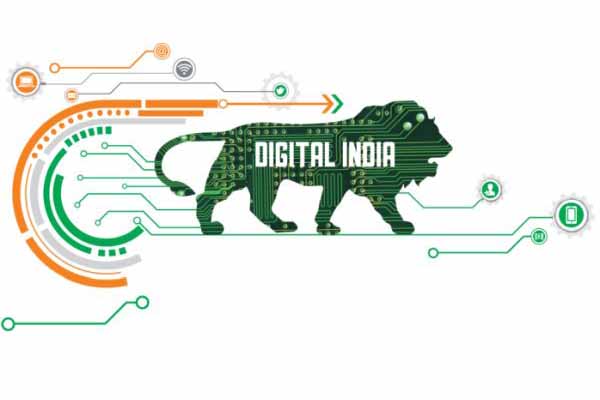Digital technology is taking control of our personal and business lives. Thanks to technology, we no longer need to go to the store to make a purchase; instead, we can have everything delivered to our house. Our working methods have also undergone a significant change in addition to that. The development of hybrid working arrangements is entirely due to digital technologies.
New digital technologies overwhelmingly dominate business organisations in today’s modern world. Thanks to digital technologies, tasks that were once regarded as very time-consuming can now be finished quickly. Most of the physical work has also been replaced with these cutting-edge technologies, including artificial intelligence, machine learning, and data analytics. Consequently, companies can deliver error-free results and aim for the most remarkable authenticity. Additionally, technology-backed chatbots significantly impact how customers are served and how their experiences are tailor-made. Overall, it is safe to claim that these contemporary technologies are rapidly eclipsing all economic areas. And more advanced technologies are expected shortly.
Need for digital transformation
Undoubtedly, advancements in technology have helped people and companies alike in unfathomable ways. In actuality, the need for digital transformation is brought on by changes in people’s needs and demands. As a result, to meet customer needs, firms must adopt new technologies and transform to keep in touch with the latest trends.
Additionally, these changes impact every level of an organisation and combine data from many areas to perform more efficiently, enabling them to guarantee greater productivity. Furthermore, it is expected that the public will be more aware and better informed as technology advances, making digital transformations an apparent necessity.
Factor driving digital transformation
- Changing customer demands: Consumer demands have undergone a massive change. Due to their increasing expectations, businesses are also responsible for providing them with the best services. For businesses to cater to the growing demands of consumers, adopting and implementing digital technologies in their operations is a must.
Gathering and maintaining consumer data is a task, and then devising strategies based on them is how modern businesses target localisation and address each customer demand appropriately. Both can be achieved if enterprises integrate the use of new-age technologies in their working.
- Changing organisation needs: Over time, the requirements of commercial organisations change continuously. Particularly, employee requirements have undergone a significant transformation, and business organisations must do everything possible to meet these needs because satisfied employees are essential to achieving desired company results. Gone are the days when employees; needs were not prioritised; now, employers ought to be sensitive to their requirements to extract their desired potential.
As a result, there is a need to include newer technology in the business operating paradigm. Additionally, because business prospects are transient, prompt decision-making is necessary. To do this, companies must do quick analyses and evaluations, which can be done accurately with the help of digital technology tools.
- Improvements in tech architecture: Over time, the architecture of technology has undergone significant development. Technology has replaced people’s manual methods in pursuing fast, precise solutions. And as artificial intelligence is taking over more and more of our daily activities, the rate of technological advancements can be seen clearly. The technical architecture will change significantly in the future to accommodate people’s evolving needs and demands and their reliance on technology.
- Internet expansion: The increase in internet expansion and more and more people becoming technology literate and depending on digital technologies for their requirements necessitates digital transformations. Also, due to increased smartphone penetration and people becoming more aware and rational when it comes to what they are consuming, businesses need to adopt these digital technologies to provide consumers with what they want.
- Data management: In any industry, managing data may be difficult and time-consuming. While working with lots of data collected, the accuracy of the data plays a vital role in the outcome, especially if done manually. To effectively manage their data and provide successful results, business companies are keen to adopt digital technologies like artificial intelligence, machine learning, and data analytics.
Today, digital technology plays a significant role in every aspect of business operations and service delivery. It has completely changed how both people and businesses operate. In organisations, technology today substantially impacts how they function and look towards more efficiency and higher ROI. Business processes have become more straightforward as artificial intelligence, machine learning, data analytics, and cloud computing have gained power. Businesses are increasingly adopting digital technologies to meet the ever-changing customer demands and growing organisational needs. Furthermore, given the rate of technological advancement, more cutting-edge innovations are expected shortly.
About the author:

Bhaskar Ganguli is Director, Marketing and Sales at Mass Software Solutions Pvt. Ltd.

















